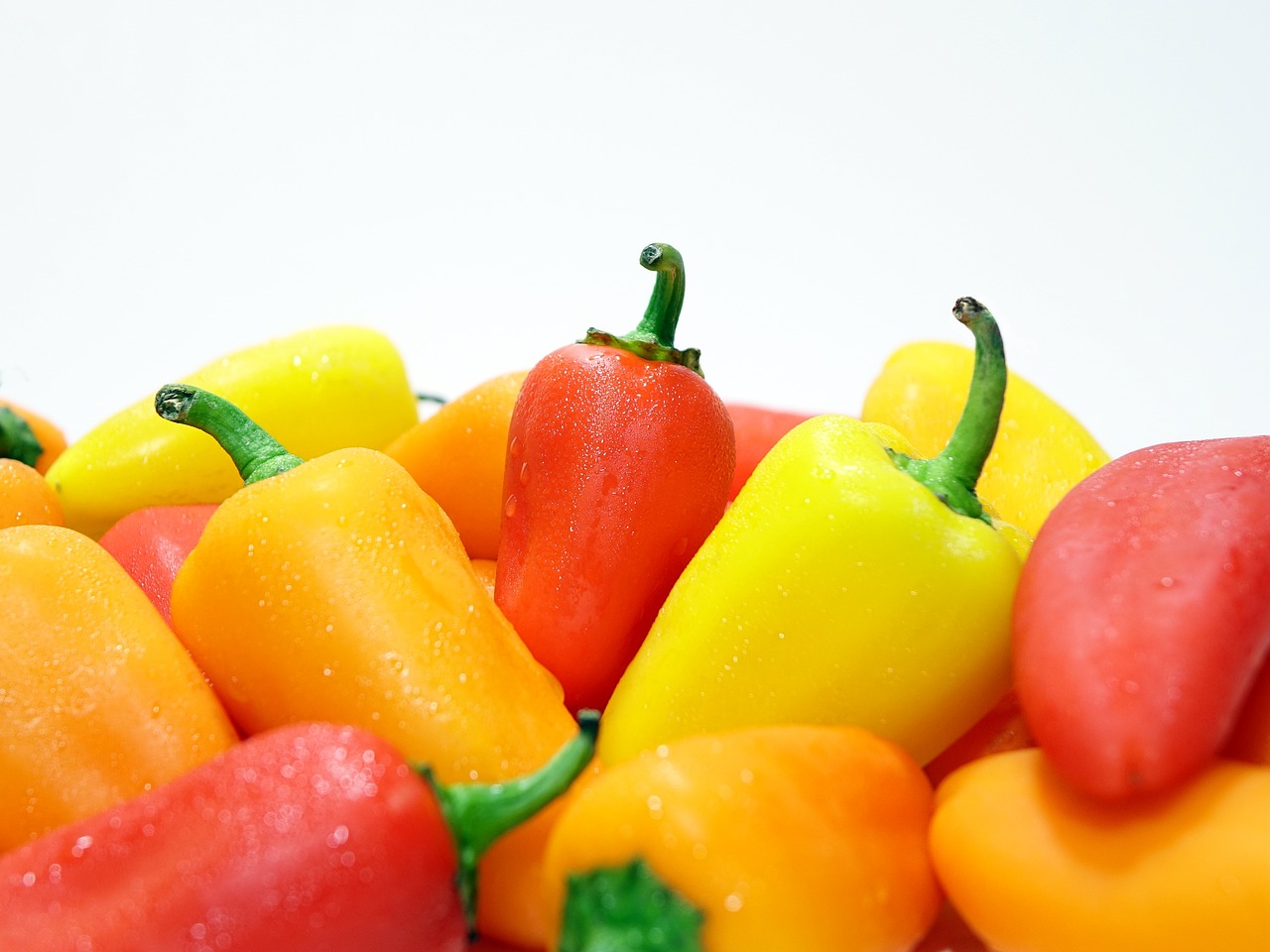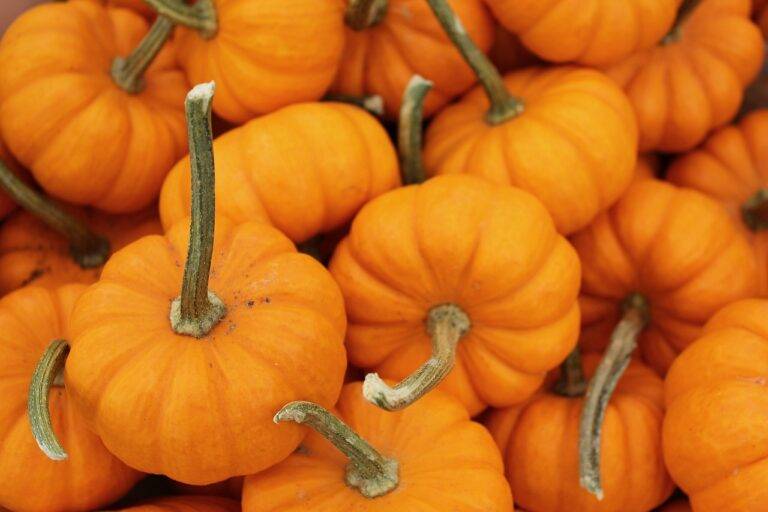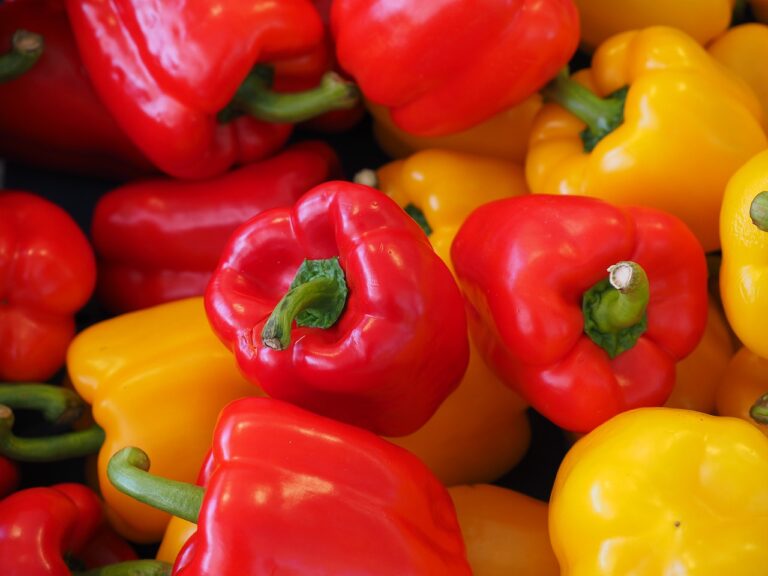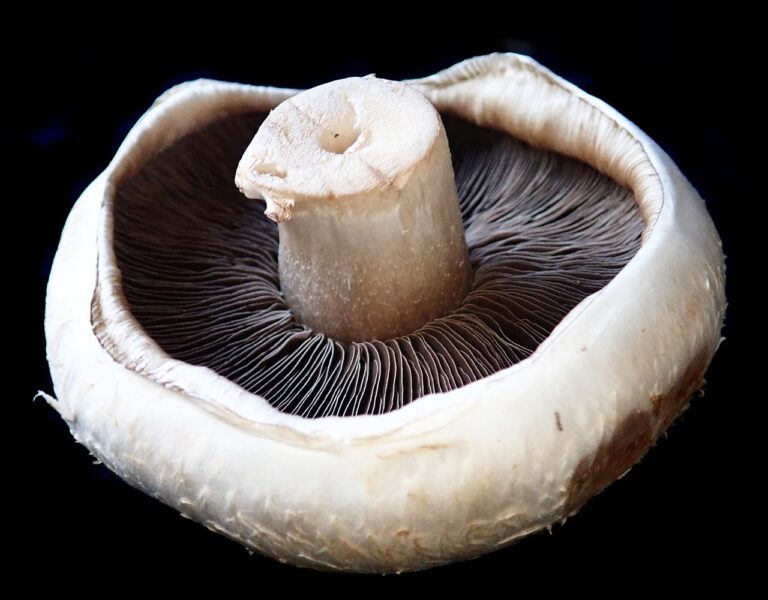The Role of Food in Cultural Celebrations Around the World
Food plays a significant role in cultural celebrations worldwide. It serves as a central element that brings people together to honor traditions and create shared memories. In many cultures, specific dishes are prepared during festive occasions to symbolize unity, prosperity, and good fortune. These traditional foods often hold deep meaning and are passed down from generation to generation.
The act of preparing and sharing food during cultural celebrations fosters a sense of community and strengthens bonds among participants. Whether it’s a grand feast during a religious holiday or a simple family gathering, the act of coming together to enjoy traditional dishes creates a sense of belonging and connection. Food traditions in cultural celebrations not only showcase culinary diversity but also highlight the importance of sharing meals as a way to celebrate heritage and strengthen relationships.
Food Symbolism in Different Cultures
Food holds significant symbolism in various cultures around the world, with each dish carrying its own unique meaning and importance. In Chinese culture, the dumpling is a symbol of wealth and prosperity due to its resemblance to ancient Chinese gold ingots. During Lunar New Year celebrations, families gather to make and share dumplings to usher in good fortune for the upcoming year.
In Indian culture, the humble coconut holds great symbolism and plays a vital role in religious ceremonies and rituals. The coconut’s hard exterior represents the ego and the water inside symbolizes purity and inner strength. It is often offered to deities as a sacred offering and is believed to bring blessings and protection to those who present it with devotion.
Traditional Dishes for Festive Occasions
When it comes to festive occasions, traditional dishes play a significant role in many cultures around the world. These dishes are often passed down through generations, cherished for their flavors and cultural significance. From the rich and aromatic biryanis of India to the savory tamales of Mexico, each traditional dish tells a story of heritage and celebration.
In Japan, mochi is a beloved traditional dish served during festive occasions such as New Year’s celebrations. This sweet and chewy rice cake symbolizes good fortune and is often enjoyed with kinako (toasted soybean flour) and sweet soy sauce. The process of making mochi involves pounding steamed glutinous rice until it reaches a sticky consistency, a practice that brings families together in a joyous and communal atmosphere.
Mochi is a sweet and chewy rice cake enjoyed during Japanese New Year’s celebrations
Symbolizes good fortune and is often served with kinako and sweet soy sauce
Making mochi involves pounding steamed glutinous rice to create a sticky consistency
The process of making mochi brings families together in a joyous and communal atmosphere
What are some common food traditions in cultural celebrations?
Some common food traditions in cultural celebrations include serving specific dishes that are considered traditional or symbolic in that particular culture. These dishes are often prepared in a special way and are meant to bring good luck, prosperity, or happiness to those celebrating.
How important is food symbolism in different cultures?
Food symbolism is extremely important in different cultures, as it often represents deeper meanings beyond just providing sustenance. Certain foods may be considered lucky, sacred, or representative of specific values or beliefs within a culture.
Can you provide some examples of traditional dishes for festive occasions?
Sure! Some examples of traditional dishes for festive occasions include turkey and stuffing for Thanksgiving in the United States, mooncakes for the Mid-Autumn Festival in China, and tamales for Christmas in Mexico. These dishes are often prepared and enjoyed with loved ones as a way to celebrate and honor cultural traditions.







